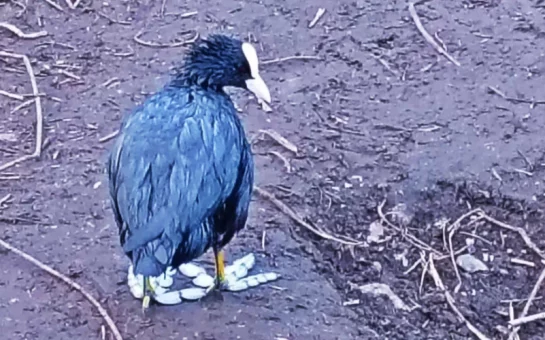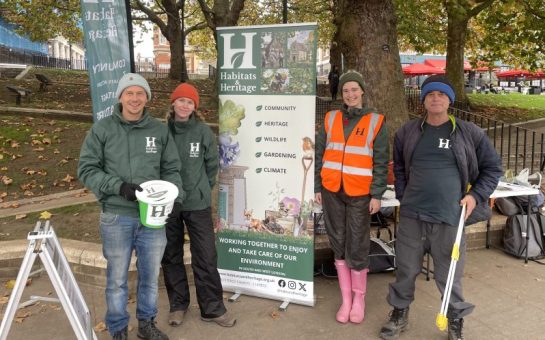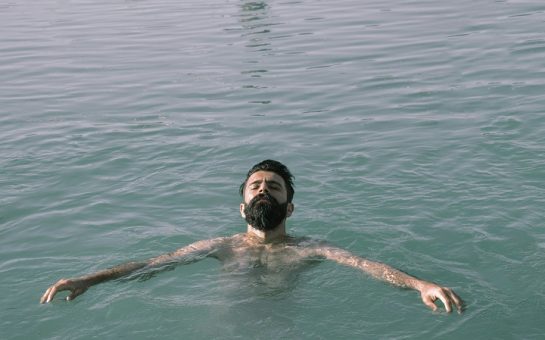The £4.2billion ‘super sewer’ is in jeopardy after a legal challenge from a coalition of concerned water industry experts called the proposal ‘costly and outdated.’
The Thames Blue-Green Economy is challenging the ‘unlawful’ proposal, which will see a Thames Tideway tunnel built underneath the river, running from east to west London.
The 16-mile ‘super sewer’ will safely store overflowing rainwater and sewage away from further polluting the river but will be part-funded by increases of 25% to Thames Water’s customers water bills.
Lady Berkeley, director of Thames Blue-Green Economy, said: “The Thames Tideway Tunnel will, in effect, turn fresh rainwater into sewage at vast public expense and environmental damage.”
The objection to the government-approved scheme is that it breaches British public participation requirements laws and the huge cost will impact on citizens as far away as Cheltenham.
Construction on the tunnel will begin in 2016, after Communities Minister Eric Pickles gave the go-ahead to the project in September, and it is estimated that it will take seven years to complete.
They believe that while the idea of blue-greening, capturing rainwater to be reused, does have significant environmental positives, the scheme itself is a ‘white elephant’.
A group statement said: “Blue-greening has proved an effective long term solution to urban rainwater problems in major world cities such as New York and Copenhagen.
“The benefits to London will include a legacy of ‘green-collar’ jobs, and improved air quality as one in 12 London deaths are linked to air pollution.”
However the Thames Blue-Green Economy believes that these benefits will come at a colossal cost to Londoners and that the proposed scheme is a ‘19th century solution to a 21st problem’.
In addition to the challenge by expert-led group, Southwark Council has also lodged a judicial review into the construction plans, due to the proximity to schools and housing.
Regarding the ongoing legal proceedings, the government has refused to make any comments.
Picture courtesy of Patrick Brosset, with thanks




